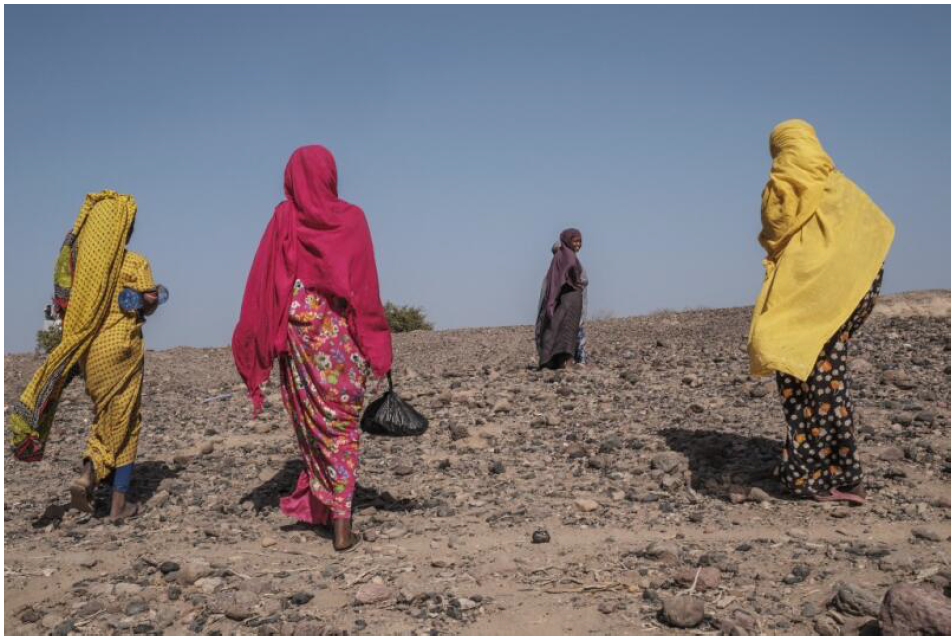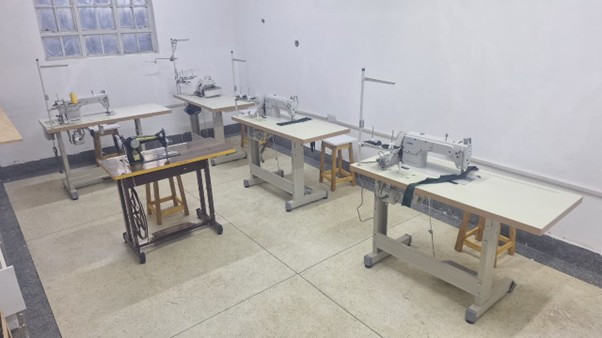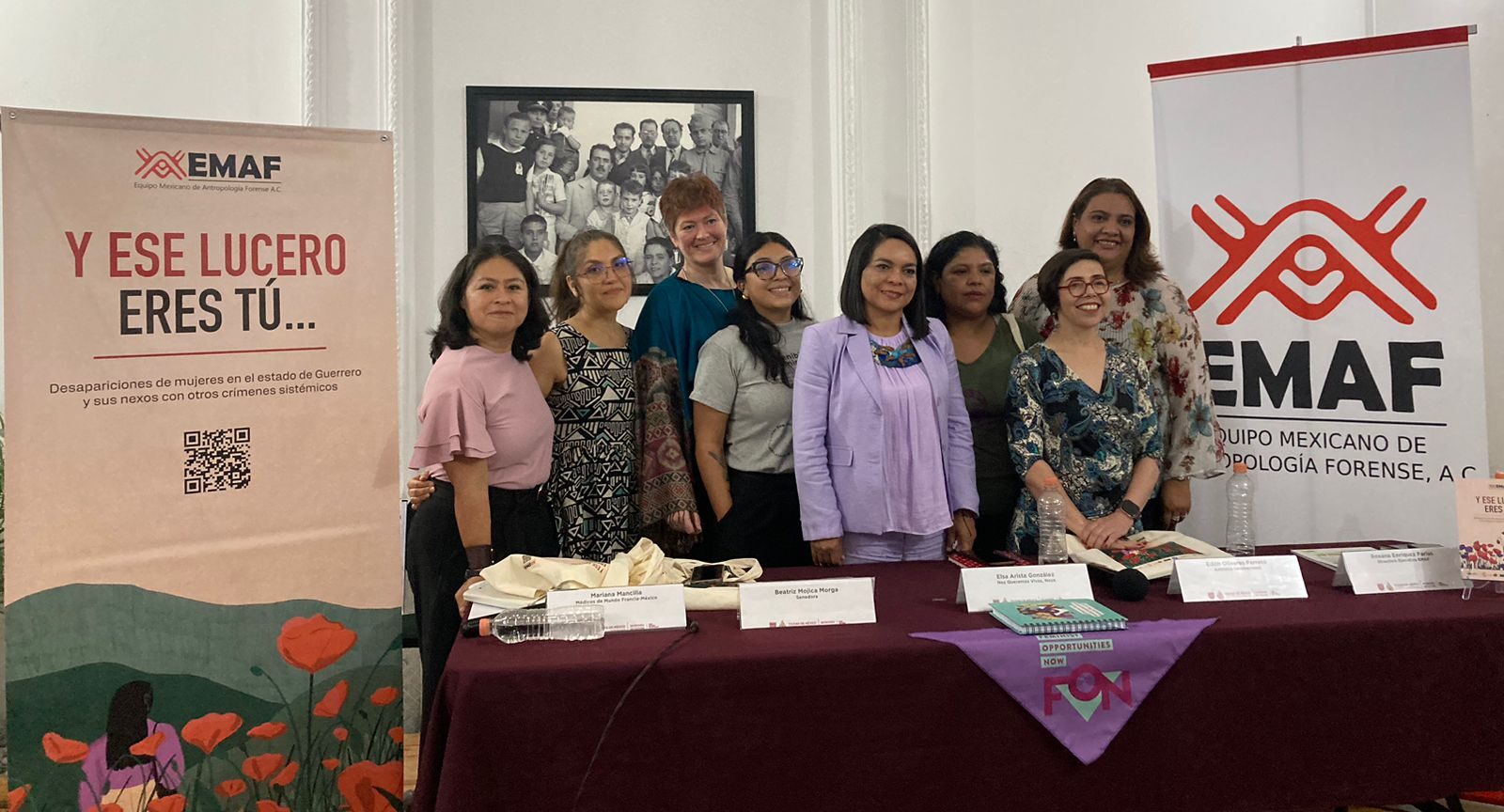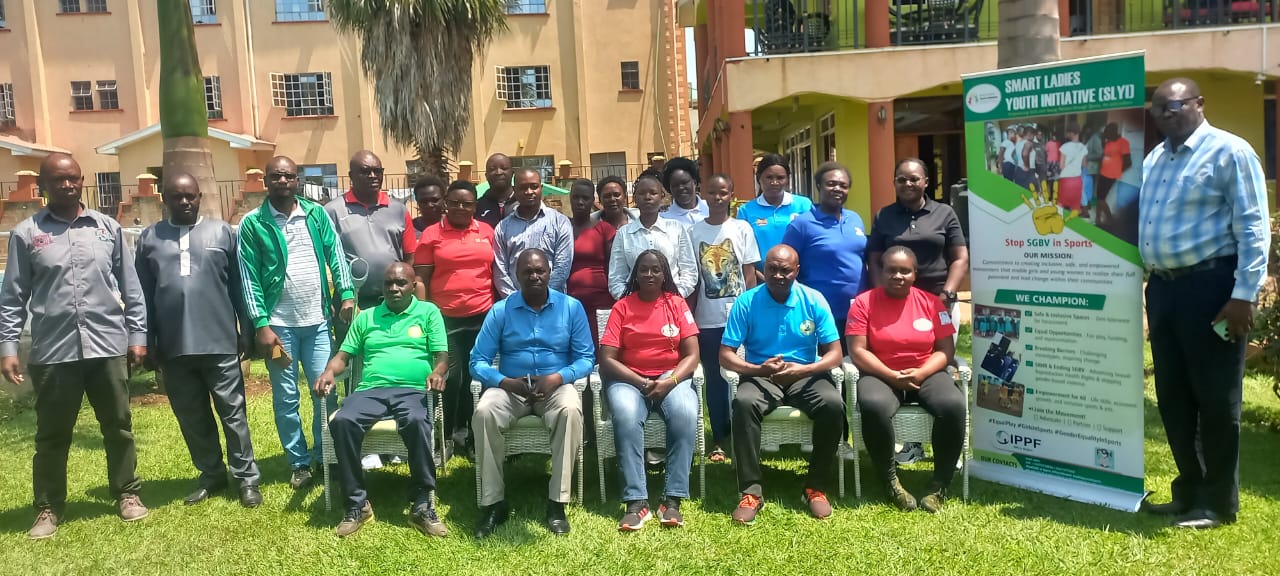News
In Ethiopia, “Die or Be Raped”, the Only Choice for Thousands of Women During the Occupation of the Rebel Province of Tigray
By: Hilmelda
Self-help associations estimate that 15% of women contracted HIV during the civil war and fear an epidemic due to lack of screening and care campaigns.

Lest their stories disappear, Meseret Hadush is cataloging the names of thousands of Tigrayan women who were raped during the war in the Tigray region (2020-2022) in northern Ethiopia. His work of remembrance continues more than a year after the peace agreement, signed in November 2022, between the Ethiopian government and the Tigrayan insurgents of the Tigray Popular Front for the Liberation (FLPT).
After collecting nearly 5,000 testimonies with her organization Hiwyet (“healing” in the Tigrinya language), she now fears an “epidemic” of AIDS among these women raped by troops from the neighboring Amhara region and Eritrea. Around 15% of them contracted HIV, according to the association’s register where their stories are recorded.
Before the conflict, Tigray and its 6 million inhabitants were a model in the fight against AIDS in Ethiopia. The prevalence rate (the number of infected people) had fallen to 1.43%. Then, starting in November 2020, war hit this mountainous and arid province, the cradle of Ethiopian civilization. Unbelievably violent, the clashes which took on a strong ethnic dimension would have caused up to 600,000 deaths according to the toll established by the African Union. They were also accompanied by numerous rapes. Regional authorities in Tigray estimate the number of victims of sexual abuse at 120,000.
” Time bomb “
“A grandmother, her daughter and her granddaughter were raped by the same Eritrean soldiers in the suburb of Shire, in central Tigray, in December 2020,”
says Meseret Hadush, misty-eyed, from her office in Makalé , the regional capital. “These women from three generations are now HIV positive. This is a tragedy for the future of Tigray.” The region is still struggling to recover from the civil war. Cripples and broken faces are everywhere in town. In Makalé, where refugee camps still number in the dozens, begging has become the only means of subsistence for all these displaced people in their own country. Economic activity is almost at a standstill and drought has brought hundreds of thousands of Tigrayans to the brink of famine. Hospitals are struggling to regain their pre-war capacity.
“At least we have antiretrovirals,” Fisseha Berhane, head of the fight against AIDS at the regional health office, tries to be positive. Because Tigray was sorely lacking during the two years of the conflict. “Because of the blockade, HIV-positive people were taking, at best, expired antiretroviral drugs,” he says. The clashes damaged or destroyed 70% of hospitals, according to the organization Médecins Sans Frontières (MSF). “We have lost track of 9,000 of the 46,000 patients listed before the war,” notes Fisseha Berhane, preferring to use the term “disappeared” rather than “dead.”

He warns that the region faces a “ticking time bomb” with the risks of large-scale transmission of HIV. If the authorities estimate that 5% of raped women are HIV positive, the vagueness remains.
“There are not enough tests available to conduct a comprehensive study in the region, the federal government does not give us the budget for this, yet there is an urgency,” he protests.
“Not a single condom in town”
Doctors in Tigray fear an explosion of cases due to sexual assault, but also due to the lack of means of sexual protection during the war. “For two years, you couldn’t find a single condom in town,” due to the blockade imposed by federal forces in Tigray, explains Doctor Fasika Amdeslasie, surgeon at Ayder hospital in Makalé. “The soldiers engaged in risky practices, it was a time when they did not think about tomorrow ,” he agrees. During the previous conflict in the region, the Ethio-Eritrean war (1998-2000), the prevalence rate in the ranks of the army increased by 76%.
The risk of spread is multiple, it comes from the fact that a million poor people are still in displaced persons camps, due to rapid urbanization and poverty, which pushes many mothers into prostitution in the Tigray”, further analyzes Fisseha Berhane.
Knowing the prevalence rate among raped women is all the more difficult as many do not report their assault. “They are afraid of discrimination,” explains Gedey Gebremichael, a 48-year-old HIV-positive Tigrayan and member of the Tesfa Hiwot association (“the hope of living” in the Tigrinya language), which helps 1,450 infected women in this religious and conservative province. “They fear that there will be no justice, no reparation, only stigma.”
Ms. Gebremichael had the bitter experience of this. When she tested positive for HIV in 2005, her husband immediately abandoned the family home, her neighbors accused her of witchcraft and the vegetables she sold at the Makalé market no longer found buyers for fear of HIV transmission. virus.
“We do not have the weapons to fight“
“During the occupation, at the hands of Ethiopian or Eritrean soldiers, the choice of certain women was either to die or to be raped,”
summarizes Melka Asgedom. “Every day, we have two or three women infected during the war who come to find us ,” indicates the director of Tesfa Hiwot, who also fears that we will discover “an explosion of cases” if the province was able to organize a vast screening campaign.
Due to lack of resources, her association is fully supported by USAID, the American cooperation agency, and by French diplomacy, which launched the Feminist Opportunities Now (FON) initiative.
“The latest data on HIV in Ethiopia dates from the previous decade and does not take into account the consequences of the Tigray war ,” says Wanjiru Wairimu, program manager at FON. It is when these women become seriously ill that they discover their HIV status, and they have no assistance .
The Tesfa Hiwot association allows them to register, benefit from training, psychological support and funds to open a business.
“If only the infrastructure were rebuilt and the budgets provided by the federal government, we could fight AIDS effectively, but we do not have the weapons today to fight ,” laments Melka Asgedom.
Noé Hochet-Bodin (Makalé, Ethiopia, special Le Monde correspondent)

English

English

Spanish




